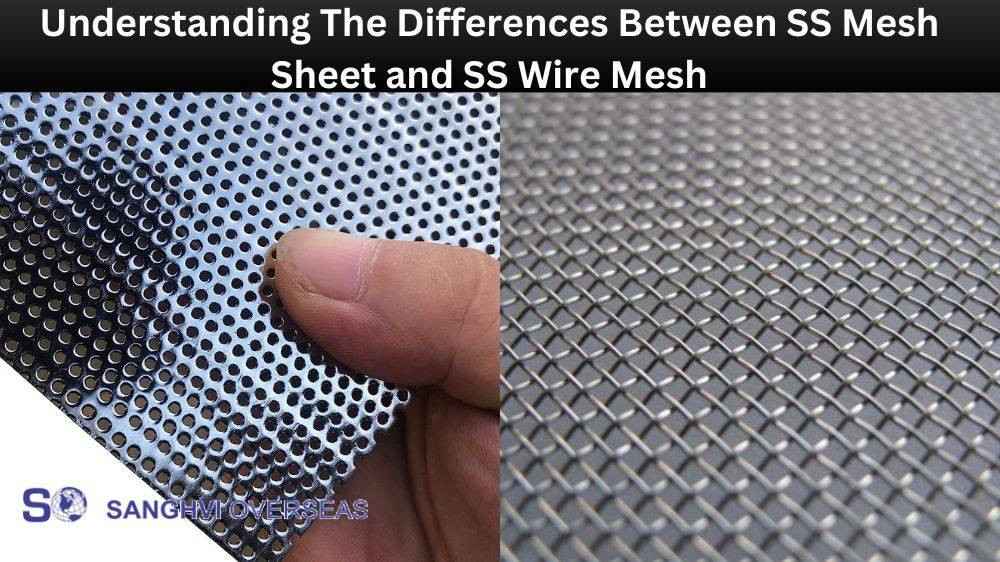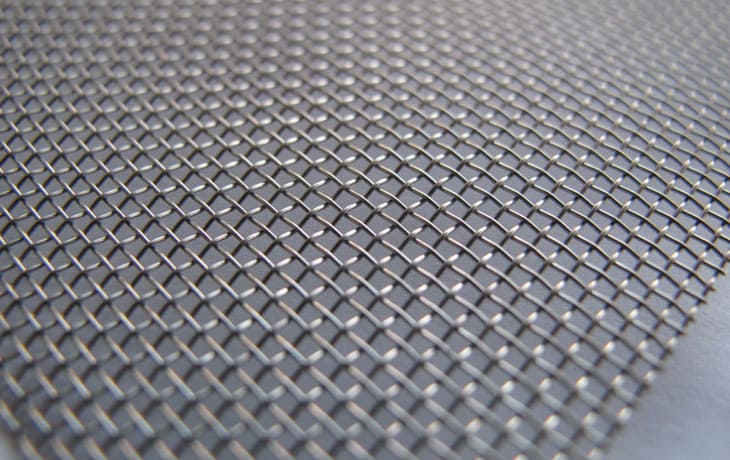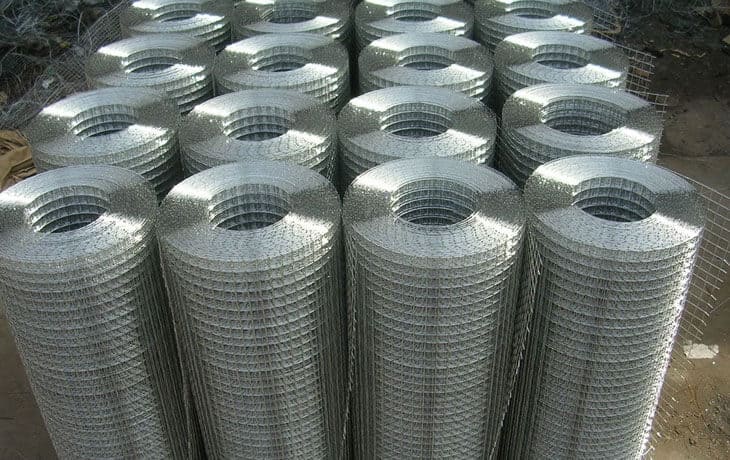Are you a curious DIYer trying to figure out which type of stainless steel mesh sheet or wire mesh would be best for your next project? Are you overwhelmed by all the different options available on the market and unsure of what will be most effective for achieving the goal of your project? Understanding the differences between SS mesh sheets and SS wire meshes is key to know which option best fits your needs. In this blog post, we’ll explore exactly what makes each unique and provide guidance on how to select based on flexibility, strength, size, weight, corrosion resistance and more!
Differences Between SS Mesh Sheet and SS Wire Mesh
SS Mesh Sheet:
SS Mesh Sheet is a type of mesh used in various construction and industrial applications, commonly as architectural mesh or safety guards. Made from stainless steel, it offers excellent durability and corrosion resistance, making it ideal for long-term outdoor use. Unlike other materials such as plastic or resin, stainless steel has superior strength and can withstand the rigours of continuous exposure to the elements. SS Mesh Sheet stands out from its counterparts due to its dimensional stability, meaning it won’t warp or deform when exposed to extreme temperatures in hot and cold environments. This makes it perfect for use around furnaces, water heaters, tanks, boilers etc., providing reliable protection without warping issues. Furthermore, its robustness allows for greater versatility: SS Mesh sheet can be cut into different shapes and sizes based on what’s needed for the application – whether residential or commercial – allowing you to customize your product accordingly.
SS Wire Mesh:
SS Wire Mesh is a woven or welded metal mesh of stainless steel. It has many uses, from window screens, fencing and soil stabilization to industrial filtration. Its corrosion resistance makes it particularly suitable for outdoor applications, as it can withstand extreme weather conditions without deteriorating. SS Wire Mesh also offers excellent versatility in shapes and sizes, allowing for custom designs and installation configurations tailored to the specific application being used. Its low maintenance costs make this type of mesh an attractive option for businesses looking to save money in the long run.
Advantages of SS Mesh Sheet:
One of the main advantages of SS mesh sheet is that it is lightweight and easy to cut and shape using basic tools. It is also highly resistant to corrosion, chemicals, and UV light, making it suitable for outdoor use. Another advantage is that it provides high levels of transparency and airflow, allowing light and air to pass through while blocking out pollutants and debris. The SS mesh sheet is also easy to clean and maintain, making it a cost-effective solution for many applications.
Advantages of SS Wire Mesh:
One of the main advantages of SS wire mesh is that it is strong, durable, and can be made into custom shapes and sizes. It is also resistant to wear and tear, making it ideal for high-traffic areas or heavy-duty applications. Another advantage is that it provides high levels of security, preventing unauthorized access and reducing the risk of theft or damage. SS wire mesh is also available in various patterns and finishes, making it a versatile solution for many industrial applications.
Conclusion:
In conclusion, SS mesh sheets and SS wire mesh are important products that serve various purposes in various industries. While SS mesh sheet is more commonly used for architectural and decorative purposes due to its lightweight, transparent, and corrosion-resistant properties, SS wire mesh is more commonly used for industrial and heavy-duty applications due to its strength, durability, and security features. Understanding the differences between SS mesh sheets and SS wire mesh can help you choose the best product for your needs and ensure you get the most out of your investment.










